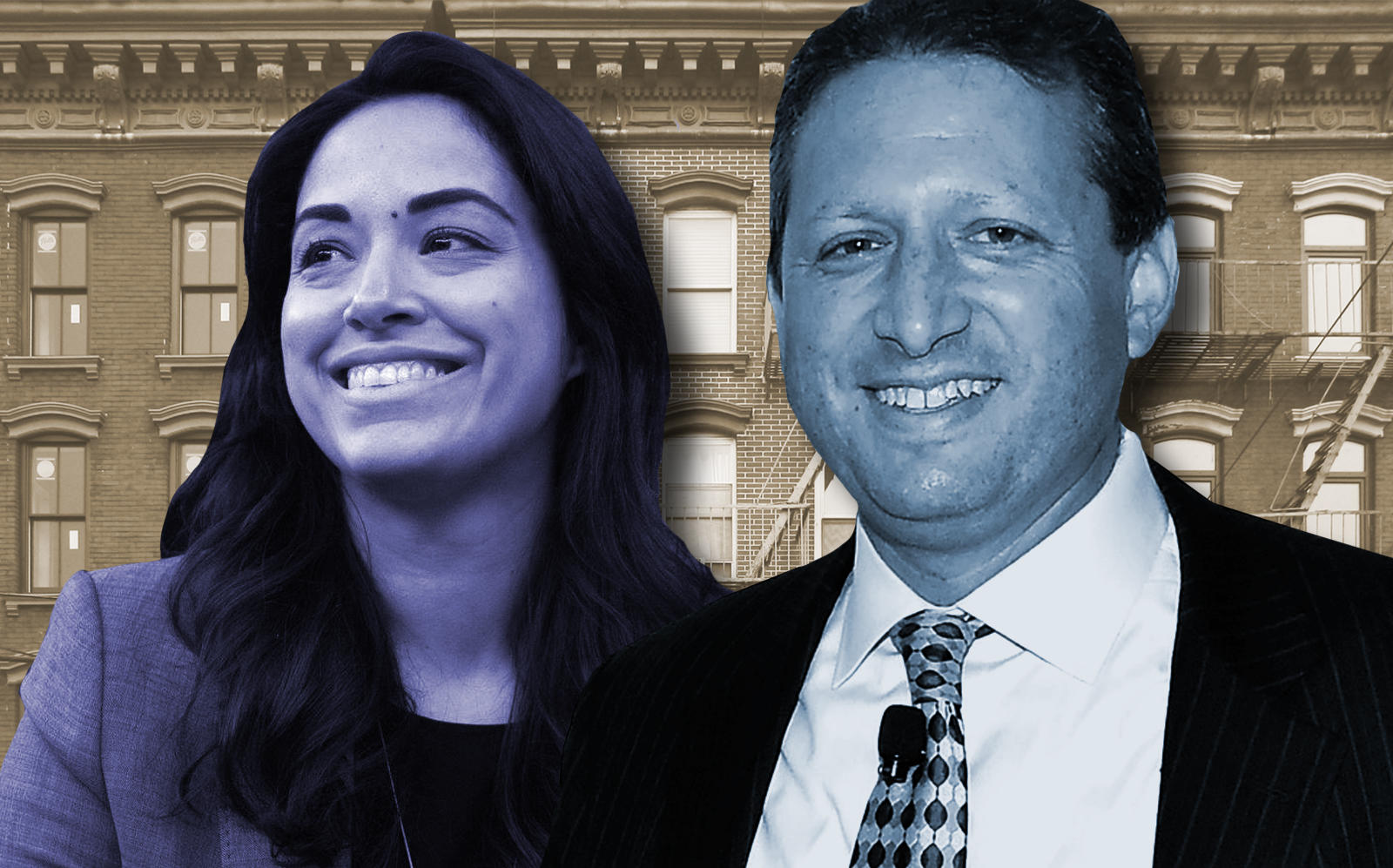The City Council is considering two bills that seek to ensure more affordable housing is created and controlled by nonprofits.
One measure, dubbed the Community Opportunity to Purchase Act, would require city-approved nonprofit organizations or community land trusts be given the first chance to buy residential buildings with three or more apartments when they are put up for sale. The other would create a land bank that would warehouse properties and then prioritize selling them to community land trusts and nonprofits.
The aim of both bills, according to its sponsors, is to ensure such properties are taken over by organizations that will maintain or create affordable housing, rather than try to turn a quick profit.
During a Tuesday hearing, Manhattan Council member Carlina Rivera, the prime sponsor of COPA, said the measure could help prevent private equity firms from buying up distressed properties — such as hotels driven out of business by the pandemic — and turning them into market-rate housing. The bill requires that nonprofits are given a 120-day head start to make an offer on a residential property, a timeframe Rivera said would give those organizations a better chance to compete. During that time, the seller can’t accept another offer.
“This is simply about giving affordable housing producers a fair shot,” she said. Under the measure, the nonprofit’s offer needs to be at least equal to the property’s listing and the organization can match competing offers.
Affordable housing developers object to the bill’s preference given to nonprofits. Christopher Widelo, of New York State Association for Affordable Housing, said “the scope of this bill is too vast to benefit too few.” He added that only a small group of nonprofits have the necessary experience and resources to take over residential properties on their own. In written testimony, the Real Estate Board of New York said that while it supports the use of community land trusts, they shouldn’t serve as a “substitute for all public-private partnerships.”
“[The bill] just assumes a nonprofit is a better landlord,” the group wrote. “The exclusion of any private entity and any private-public entity from the qualified entities list is both pernicious and based on false valuation of good versus bad for business practices.”
The group also said the bill raises legal issues, including “the arbitrary and capriciousness of exclusion of all private entities.”
A community land trust is a type of nonprofit that acquires properties, often through long-term ground leases, for community benefit, such as by preserving affordable housing. There are two active community land trusts in the city, including Cooper Square CLT and East Harlem El Barrio CLT. In November, El Barrio purchased four apartment buildings from the city.
HPD has reservations
Kim Darga, an associate commissioner of the Department of Housing Preservation and Development, testified that while the city is excited by the prospect of expanding the use of community land trusts, ensuring nonprofits have the necessary experience and capacity to run these properties could prove a challenge. She also said the land bank bill could “distort the market” and would potentially result in a rise in costs if the bank struggles to find qualified buyers.
Brooklyn Council member Brad Lander, the prime sponsor of the land bank bill, acknowledged that the measure could result in additional costs but said Darga failed to make a case that it would disrupt the market. He said the bill would help prevent speculative developers from buying and then flipping properties, and would instead prioritize permanent affordable housing.
Robert Cornegy, who leads the Council’s Committee on Housing and Buildings, noted he has heard from a number of developers who fear the bills unfairly close off opportunities to minority-led companies. Similar concerns have been raised in relation to another bill introduced by Lander earlier this month that would limit the transfer of city-owned land intended for affordable housing to nonprofit developers.
